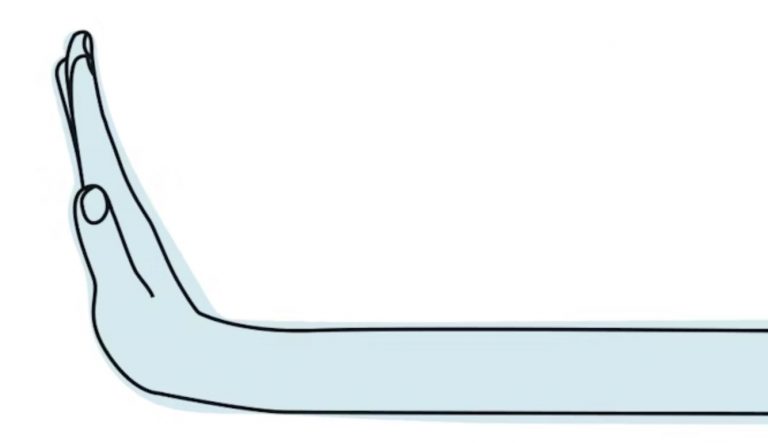Behavioural science and the response to COVID-19: a missed opportunity?

While the role of behavioural science in the UK’s handling of the pandemic has been criticised, Peter John and Gerry Stoker argue that it is important for governments to try and influence citizens’ behaviour rather than rely on laws that are harder to enforce. They nevertheless explain why a different “nudging” approach ought to have been used in this case.
As we argued in Nudge, Nudge, Think, Think, much of behavioural science lends itself to that kind of top-down approach because its underlying thinking is that people tend to be limited in cognitive terms, and that a paternalistic expert-led government needs to save them from themselves. The relative secrecy and lack of transparency of British government has compounded this problem, particularly recently when its messaging has got more complicated and more likely to cawuse confusion. We argued in the book instead for a radically different type of behavioural science, one which is less focused on the fallibilities of human thinking and makes more of its possibilities. Many effective interventions already work with citizen reflection and deliberation and we argue it might have been better to build on that and use a wider cognitive palate for policymakers approaching citizens.



